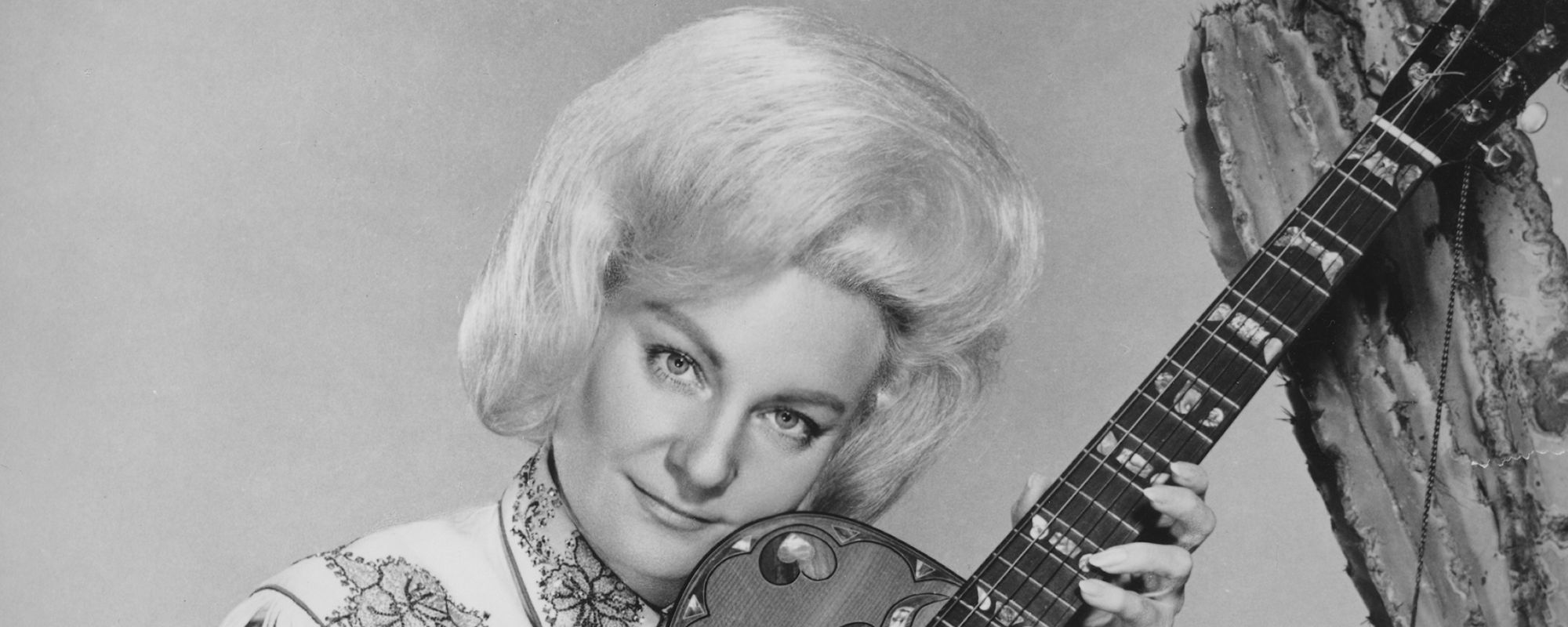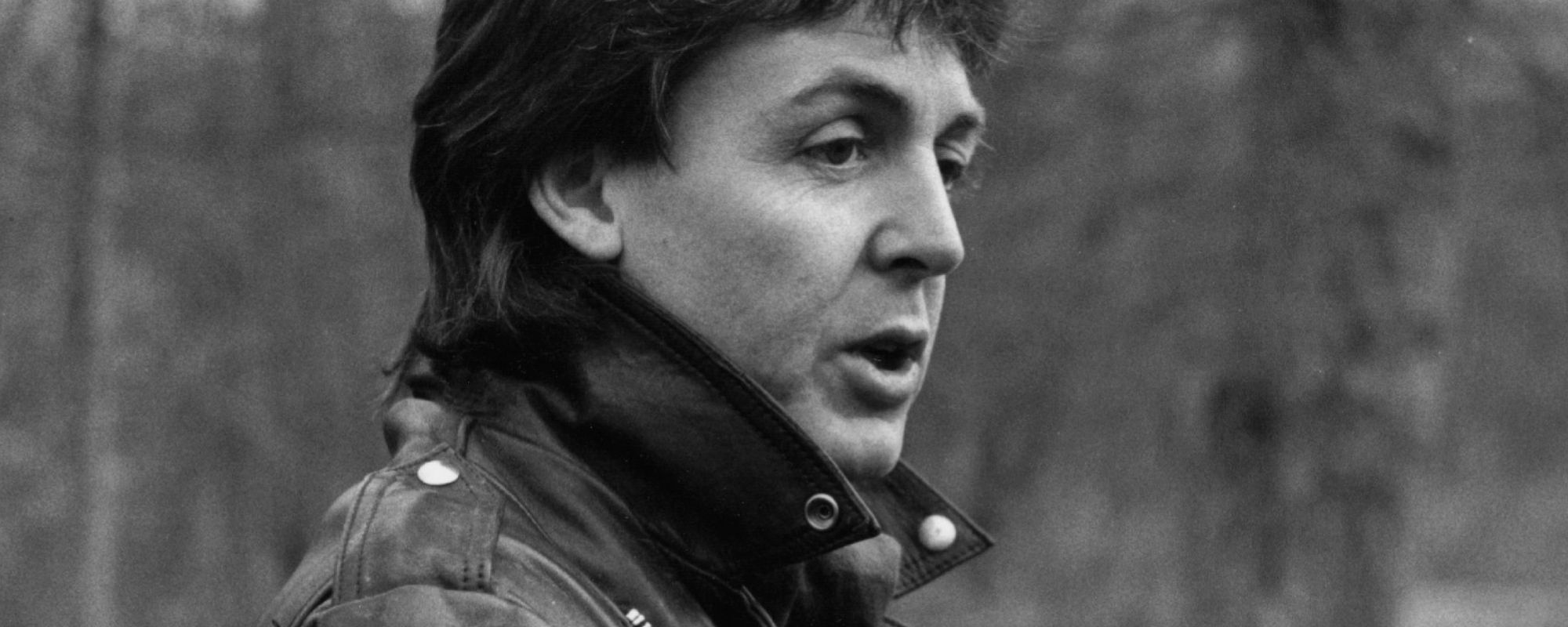On April 4, 2023, a song titled “Heart On My Sleeve” was released and started making rounds on the social media application TikTok. The song, which sounded like it featured both The Weeknd and Drake, fooled just about everyone on the internet. The two music icons were not involved in the song’s production whatsoever. “Heart On My Sleeve” was actually produced using artificial intelligence. And it has since gone down in history as the first truly passable AI-generated song in internet history. And its legacy in AI music has posed a few concerning questions.
Videos by American Songwriter
“Heart On My Sleeve” was released by a user named Ghostwriter977. The real identity of the user (and the person who generated the song, if different) has never been revealed. The song features vocal tracks that sound disturbingly similar to The Weeknd and Drake. The song was released on TikTok as well as multiple music streaming services, such as Spotify and Apple Music.
Plenty of Listeners Didn’t Think That “Heart On My Sleeve” Was AI Music
It fooled a lot of people. However, after Universal Music Group had the track taken down, fans began to speculate that the song wasn’t some kind of secret leak from the two famous artists. Rather, it was generated using AI. The track had pulled in millions of views from music fans around the world who were duped by it.
After the song was released, it began spreading to streaming services. To this day, it is still constantly reposted and taken down. And some musicians and fans are concerned about what this could mean for the future of music, as well as copyright issues surrounding AI music.
One professor at Standford University, Ge Wang, said that “the cat is not going back in the bag” following the release of “Heart On My Sleeve”. That’s certainly a true statement. Once that first AI-generated song started duping people, it only made sense that more would follow.
There are even worse concerns over ethics to consider, too. Not only can living, breathing musicians have their music and whole identities stolen through AI music, but it could also be used to derail their existing careers. Ghostwriter977 likely made quite a bit of money from stolen voices through the release of the song before it was taken down. Who knows what will happen when this technology becomes even more refined?
Photo via Getty Images
When you purchase through links on our site, we may earn an affiliate commission.













Leave a Reply
Only members can comment. Become a member. Already a member? Log in.